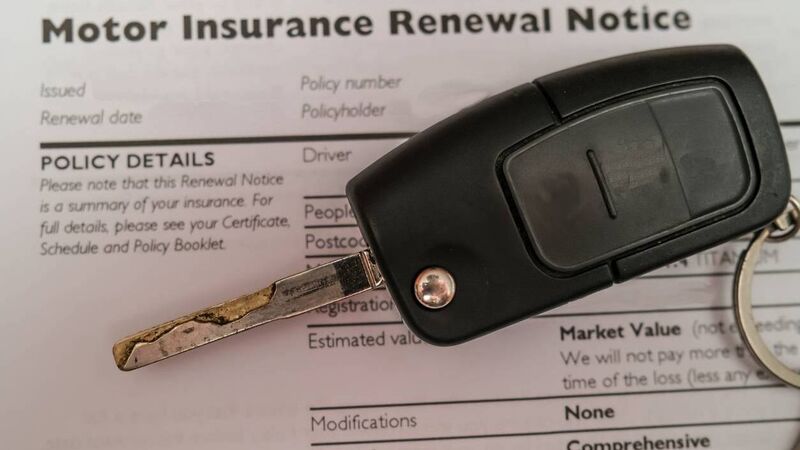Motor insurance premiums are creeping higher again

Recent figures from the CSO show the cost of car maintenance and repairs has risen at 10 times the rate of inflation.
Between 2022 and 2023, the average motor insurance premium increased 2% to €568. That is according to new figures from the Central Bank.














